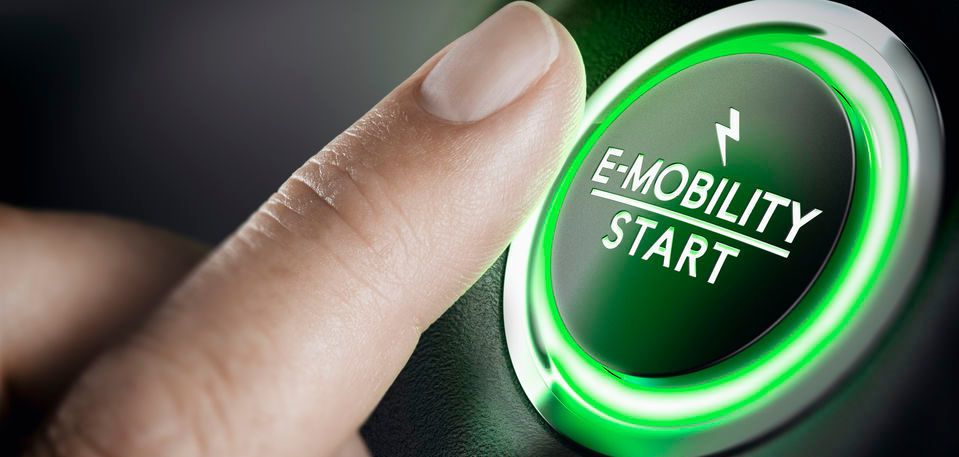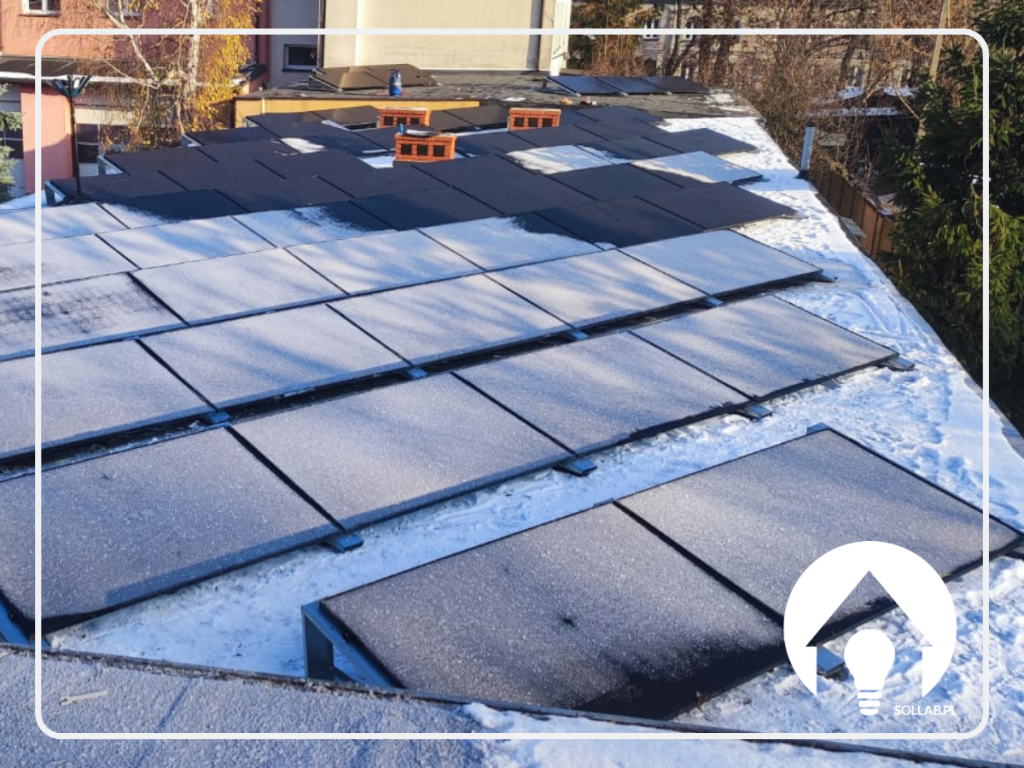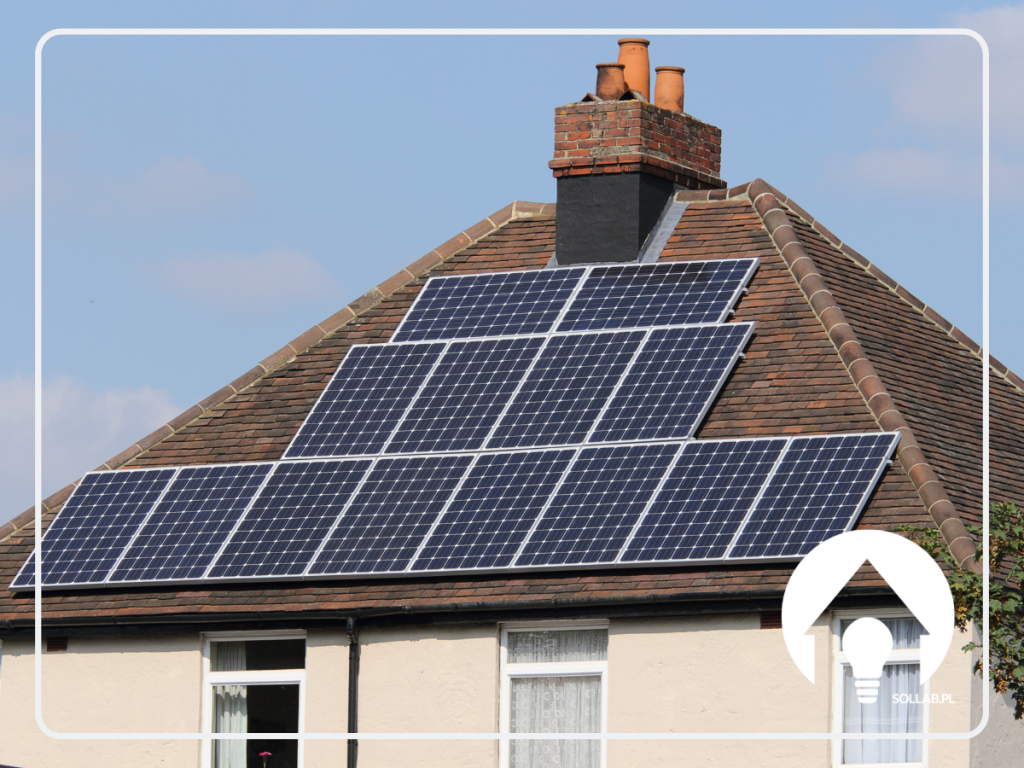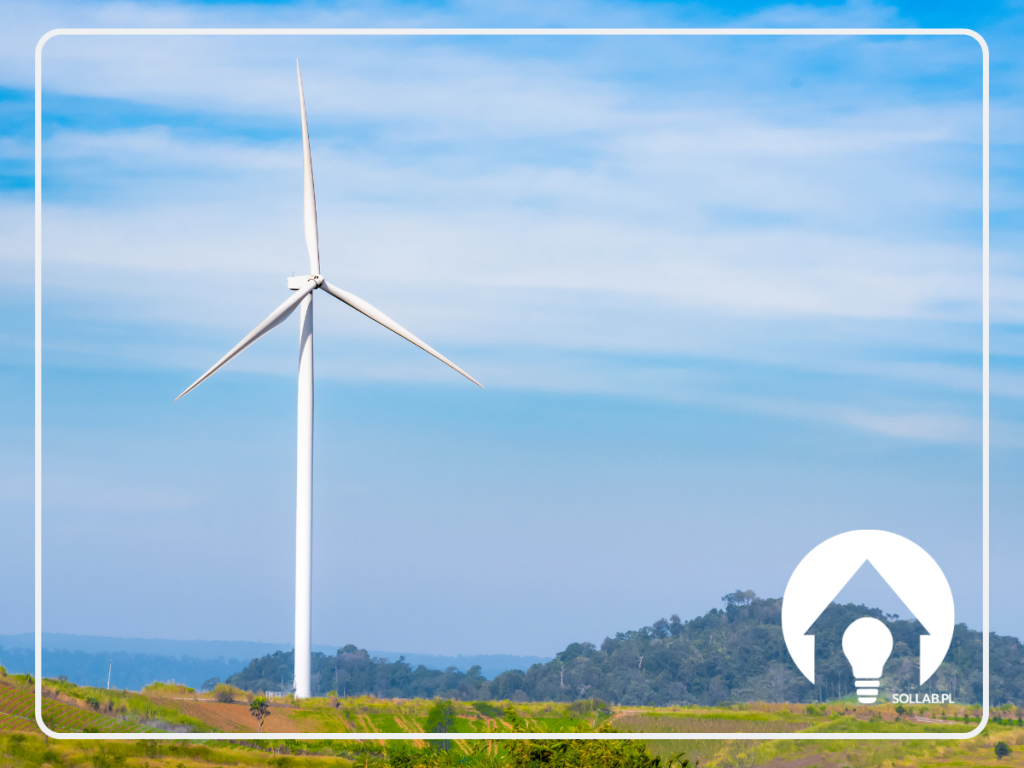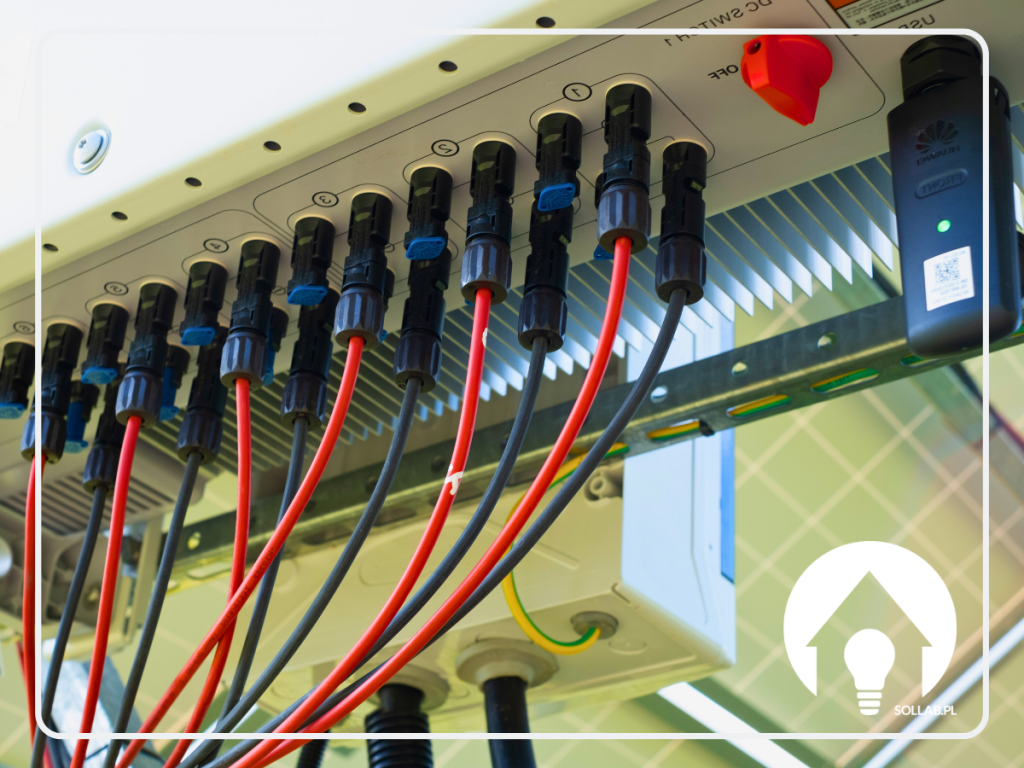Electric vehicles, chargers - subsidies
Gdansk, Tricity
The last few years have seen a dynamic development of electromobility. The public's awareness of the benefits of electric-powered vehicles is growing. These include:
- the possibility of using bus lanes
- the possibility of entering certain European cities where driving combustion vehicles is prohibited
- free travel on toll motorways in many European countries
- free use of municipal car parks
Emission-free modes of transport also translate into greater comfort for city dwellers by improving air quality, reducing harmful emissions and reducing perceived noise.
Developments in the electromobility sector
The number of electric cars on the Polish market is steadily increasing, but the number of
compared to other European countries is still small. Help
in increasing the number of electric vehicles is the introduction of various government support programmes providing subsidies or tax breaks for those investing in low-emission modes of transport.
The development of the electromobility sector in Poland has significantly accelerated, with 462 electrically powered cars registered in January 2020 ("Electromobility counter" punched 10,294 electric cars and 9,377 plug-in hybrids registered
in Poland), This is a nearly 200% jump relative to January 2019. Analysis of the data collected so far has established that between 63,000 and 300,000 electric vehicles could be on Polish roads by the end of 2025. This is still a small number, which is why it is so important to be aware of the already existing programmes supporting the electromobility industry.
At the end of 2019, a decree from the Ministry of Energy to support the purchase of new vehicles with funds from the Low Emission Transport Fund came into force. The announced government subsidies will be a significant facilitation and incentive to bring about change and increase sales of electric vehicles.
Support programmes
1. "Green public transport"
The aim of this programme is to improve urban air quality in general by reducing the amount of harmful substances produced by the combustion of emission fuels by vehicles in public transport. The funding applies to all investments and activities that contribute to the reduction of harmful exhaust fumes.
Under the non-refundable grant or loan, purchases or leases can be applied for:
- Electric buses
- Electric-hydrogen buses
- Trolleybuses
- Training of drivers and mechanics in the operation of zero-emission vehicles (applies to fleet purchases)
- Construction or upgrading of infrastructure to allow the operation and proper use of vehicles, including in particular charging points
Applications for subsidies in the form of grants and in the form of loans should be submitted, on a rolling basis, during the period 04.01.2021. - 15.12.2021, but no longer than until the allocation is exhausted.
2. subsidies for electromobility - the Climate Ministry's plan for the next few years (2020-2022)
The Polish government has envisaged as many as 26 programmes to support 'green' investments with a total pool of PLN 10 billion. Some of them concern financial support for electromobility. They are to be financed from the National Fund for Environmental Protection and Water Management (NFOŚiGW) and the Low Emission Transport Fund (FNT).
- Grants for individuals, "electric car" programme
The Ministry has earmarked PLN 140m to support the purchase of electric cars by individuals not running a business. PLN 37.5 million is to come from the National Fund for Environmental Protection and Water Management (NFOŚiGW), while the extension of the programme is to bring in another PLN 100 million from the FNT.
The amount of the grant will be up to 20% of eligible costs - a maximum of PLN 25 000. The maximum price of a supported vehicle is to be PLN 150k.
The programme envisages the introduction of a total of around 7.3 thousand new electric cars on Polish roads by the end of 2022.
- Grants for entrepreneurs/ local authorities
PLN 90 million is earmarked to support the purchase of electric passenger cars by entrepreneurs and local government units.
The amount of the grant will be up to 20% of eligible costs - a maximum of PLN 25k. The upper price limit for a supported vehicle is to be PLN 150k.
Around 3,600 new electric cars are planned for business or statutory use over the period 2020-2025.
- Eco-friendly e-VAN for micro, small and medium-sized entrepreneurs
PLN 70 million - this is the amount the Ministry of Finance has earmarked to subsidise the purchase of 1,000 electrified van-type vans, but not exceeding a gross vehicle weight of 3.5 tonnes.
The amount of the grant is to be up to 30% of eligible costs, i.e. a maximum of £70,000.
Support in the form of loans is also envisaged.
- "Hummingbird" programme or electric taxi for micro, small and medium-sized entrepreneurs
The Ministry of Climate has earmarked PLN 40 million for the purchase of around 1,000 taxis and
1,000 wall box type charging stations. The entrepreneur applying for the grant must hold a licence to transport passengers by road. The grant has been provided for the period 2020-2025.
The grant will cover 20% of the vehicle's purchase costs, but no more than PLN 25k. The maximum purchase price of a supported electric vehicle will not exceed PLN 150k.
- Expansion of electric car charging station infrastructure
A total of PLN 165 million has been earmarked and the investment is to be carried out between 2021 and 2025.
Approximately 5,000 new public transport and hub-type chargers are to be built during this time. The programme is aimed at businesses as
and local government units.
- Supporting the production of electric vehicles
The subsidy is aimed at around 300 companies that are involved in the marketing of new electric cars, as well as vehicle parts or charging infrastructure. PLN 70 million is earmarked for this purpose and the programme will run from 2020 to 2025.
- Zero-emission (or low-emission) public transport
The planned amount of funding is PLN 300 million. The funds will be used to subsidise the purchase of 300 electric buses and 75 two-station charging stations.
Support is available to local authorities, municipal companies and other public transport service providers.
Grants are up to 80% of eligible costs or loans of up to 100% of eligible costs.
Phase I of the grant: 2020-2025
Phase II of the grant: 2025-2030
- Continuation of the green "kangaroo" programme
The aim of the grant is to purchase 40 electric school buses between 2020 and 2023, with PLN 60 million available for rural and urban-rural municipalities. The subsidy amounts to as much as 95% of eligible costs. The amount of support depends on the size of the municipality and per capita income. In the case of a loan, the subsidy can be up to 100% of eligible costs.
What next?
The spread of electromobility in Poland will only be possible with the simultaneous development of a network of charging stations. Charging points for electric vehicles are increasingly appearing in public places such as petrol stations, car parks of office buildings, hotels and shopping centres. In spite of this, charging an electric vehicle with its own charger still ensures full independence and the costs of operating the vehicle, in conjunction with a home photovoltaic installation, are even lower than when using publicly accessible stations.
Sources:
https://www.gramwzielone.pl/auto-ekologiczne/25856/parp-daje-dofinansowanie-na-elektromobilnosc
https://pspa.com.pl/2020/informacja/nowy-pakiet-wsparcia-polskiej-elektromobilnosci/
https://pspa.com.pl/2020/informacja/rynek-samochodow-elektrycznych-w-i-kw-2020/
